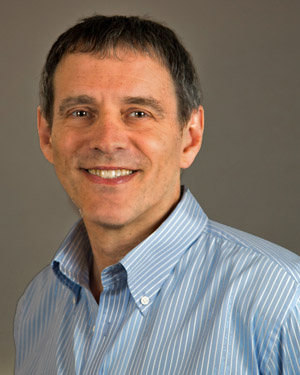
Steve Weiner, computer specialist and Aesthetic Realism associate, writes:
There’s no more hopeful fact for the world today than that Eli Siegel, the founder of Aesthetic Realism, in his comprehension of humanity has explained two enormously important things: 1) the way of seeing that makes a person a true artist; and 2) the cause of war. In “Homer—& What Can End War” you’ll see how the contempt in humanity that causes war can be countered so that it need not win. Nothing is more urgent for people to know. Read “Homer–& What Can End War,” the great and thrilling current issue of The Right of Aesthetic Realism to Be Known!
The commentary by Ellen Reiss begins:
Dear Unknown Friends:
Here is the second part of a landmark lecture, The Poetic Trinity; or, Poetry—Whence, How, Whither?, which Eli Siegel gave in 1970. The title, he explained,
has to do with the fact that poetry comes from something, which is the whence; it has a way of showing itself, which is the how…; and it also has a purpose, which is the whither.
To comment on these, he uses essays by George Moir published first in the 7th edition of the Encyclopedia Britannica and then included in a book of 1839 titled Poetry, Modern Romance, and Rhetoric. In the part of the lecture published here, Mr. Siegel reads passages about and from Homer’s Iliad—and discusses them in a way great and new after thousands of years.
Affected by events of our own time, I say this: The Iliad, it is well known, is about war—the most famous war in world literature. But what has not been known these millennia and is shown only by Aesthetic Realism, is that the answer to war is in it. The way of seeing which can have war not be—which can have justice be—is in every true work of art, and is certainly in authentic poetry.
“All beauty,” Aesthetic Realism shows, “is a making one of opposites, and the making one of opposites is what we are going after in ourselves,” The biggest opposites for every human being—whether of the 7th century BCE or now—are self and world. The largest need we have is to feel that the way to take care of our own self is to try to see justly what is not our self, what’s different from us. The fact that people have not felt this—and haven’t known they needed to—has made for everyday unkindness and massive cruelty….Read more